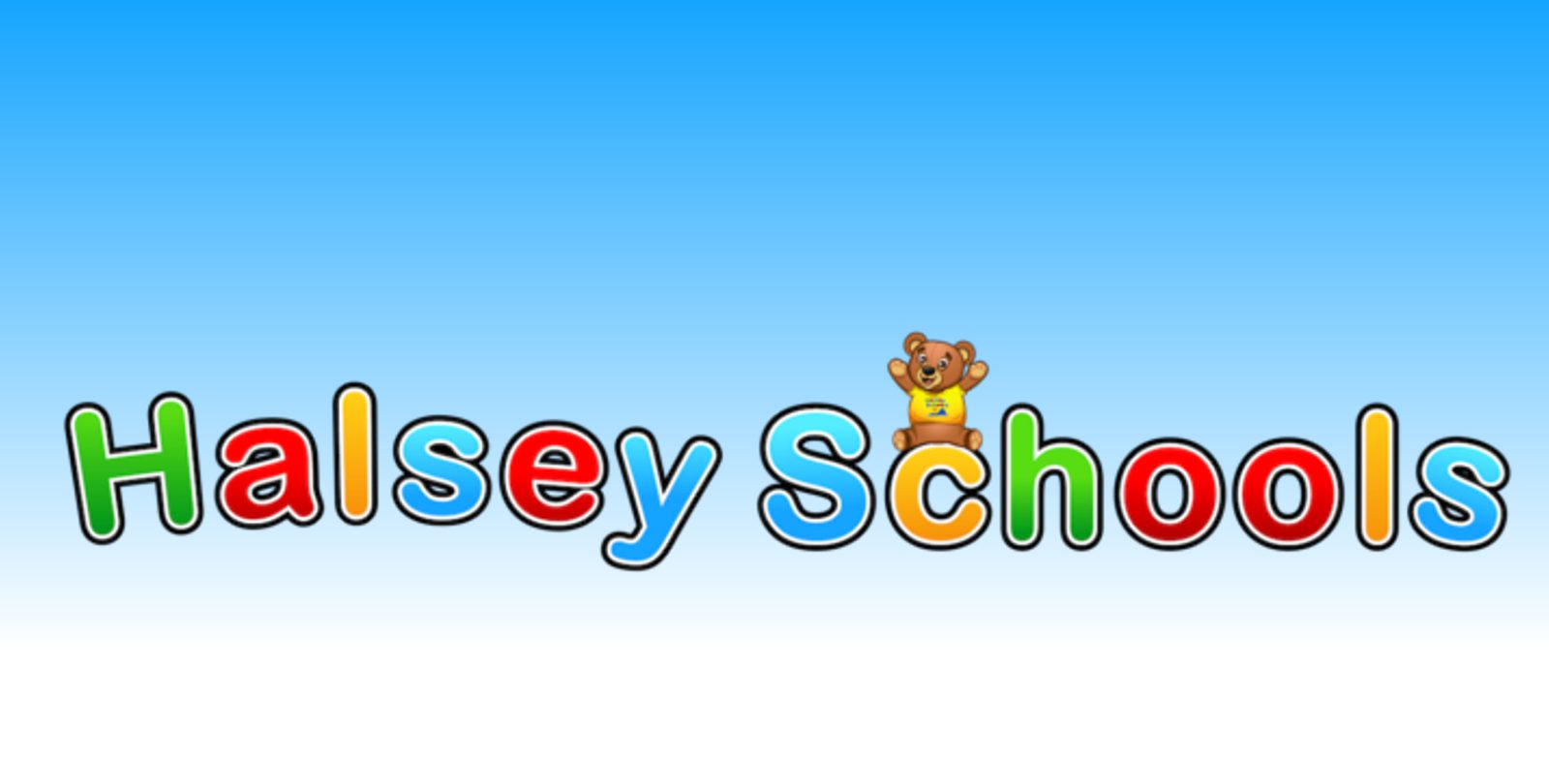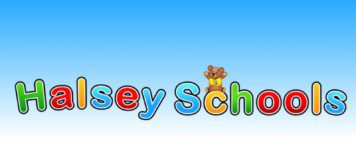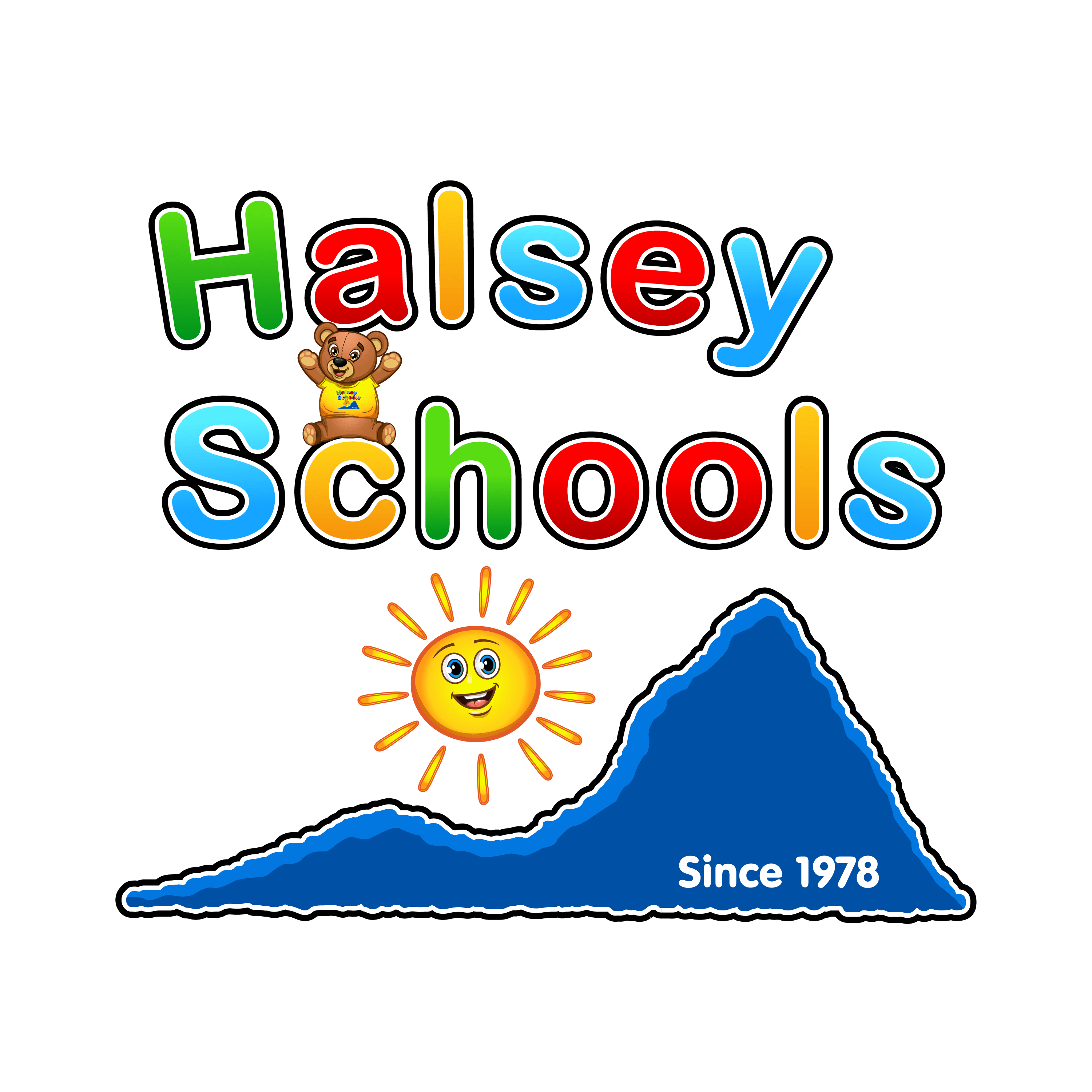Advanced Language is a strategy where teachers and mommies and daddies like you use new forms of language, with increasing complexity, to increase children’s exposure to parts of speech and vocabulary. We do this at school by using a variety of nouns, verbs, adverbs, adjectives, and other forms of language that are new to the children and based on concepts they already understand. Here’s how you can do it at home with your child.
How to use advanced language to increase your child’s vocabulary
You: “Tell me about your hat.”
Your child: “It is red, orange, yellow, green and blue.”
You: “You have many different colors in your hat. It’s a multicolored hat.”
You: “I feel embarrassed right now!”
Your child: “Why?”
You: “I couldn’t remember my friend’s son’s name so I feel embarrassed.”
Advanced Language will help your child develop vocabulary and improve later reading achievement
There is a strong relationship between vocabulary development and reading achievement. Understanding the meaning of words is critical to understand what is read. When your child acquires a strong vocabulary it will increase the ability to make sense of what a word might mean and how it might be pronounced.
Develop your awareness of common words versus rare words to help boost your child’s learning
Exposure to less common, more sophisticated vocabulary (rare words) relates directly to children’s vocabulary acquisition. Rare words are those that go beyond the typical 8500 most common words in the English languages. Examples: nuisance, tackle, dazzle, brag, balance, tease, curious, rude, bloom.
| Replace Eat with | Replace See with | Replace Said with |
|---|---|---|
| nibble bolt chew inhale cram devour dine feast upon feed slurp gorge graze |
stare watch gaze glare glimpse identify inspect notice observe peek peer recognize |
suggested mumbled sighed sobbed grumbled comforted stammered encouraged joked giggled pleaded begged |
Use Advanced Language when eating
Begin to use rare words and advanced language when you sit down with your child to eat. Use the words nibble, chew, slurp, and swallow to describe eating. Try using one or two rare words from a story you read together. It might help to write the words down to remember to use them more often.
Read high quality storybooks that use Advanced Language
Some preschool storybooks have only common words, and some will introduce your child to rare words that help build vocabulary.
Use “Text Talk” when reading storybooks together
“Text Talk” is a great technique we use to teach your children new vocabulary at school. You can do it at home by: selecting a rare word from your storybook, defining the word in a way your child will understand, and providing examples. Finally have your child repeat the word several times.
How to use “Text Talk” to improve your preschooler’s vocabulary
- Re‐read the sentence from the book that has the word you are teaching.
- Ask your child to repeat the word with you.
- State the meaning of the word using something your child will understand.
- Provide other examples of the word using contexts different from the storybook.
- Have your child repeat the word with you.
- Ask your child to use the word in a sentence or to provide another example using the word.
- Have your child repeat the word one more time with you.
After introducing a rare word to your child using “Text Talk,” follow‐up by using the word often.”Text Talk” can be used to teach any new vocabulary word; not just words from storybooks.
Adapted from: Isabel L. Beck, Margaret G. McKeown, and Linda Kucan
“Taking Delight in Words: Using Oral Language To Build Young Children’s Vocabularies”
American Educator, Spring 2003
- Happy Times November 2024 - October 29, 2024
- Ms. Tiffany - September 27, 2024
- Happy Times October 2024 - September 27, 2024




